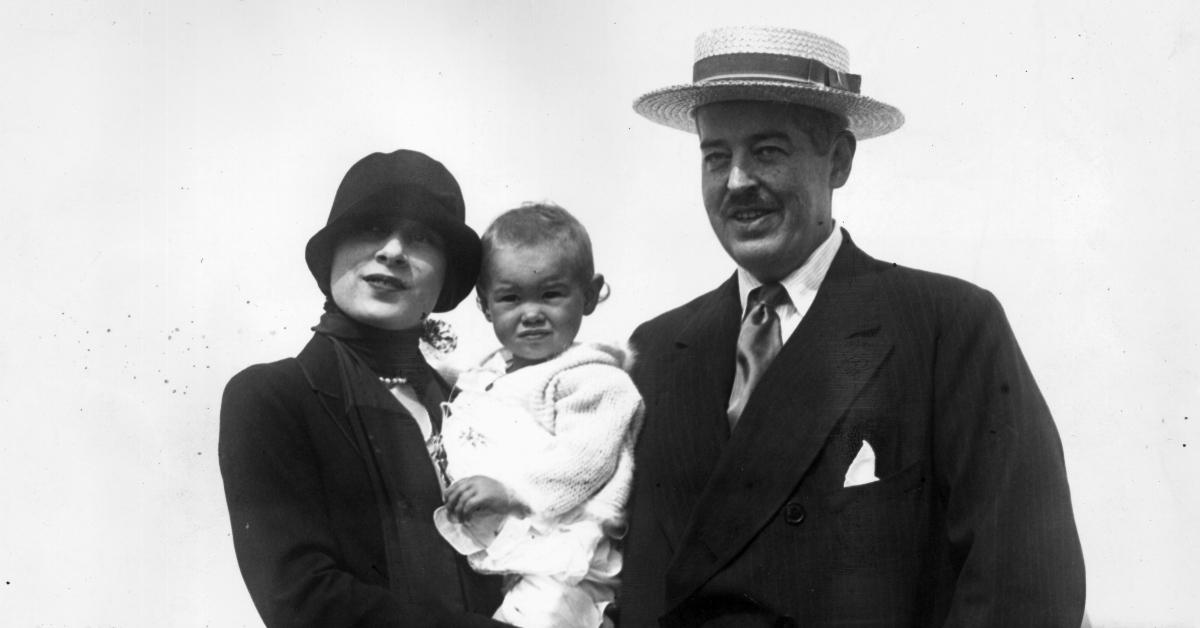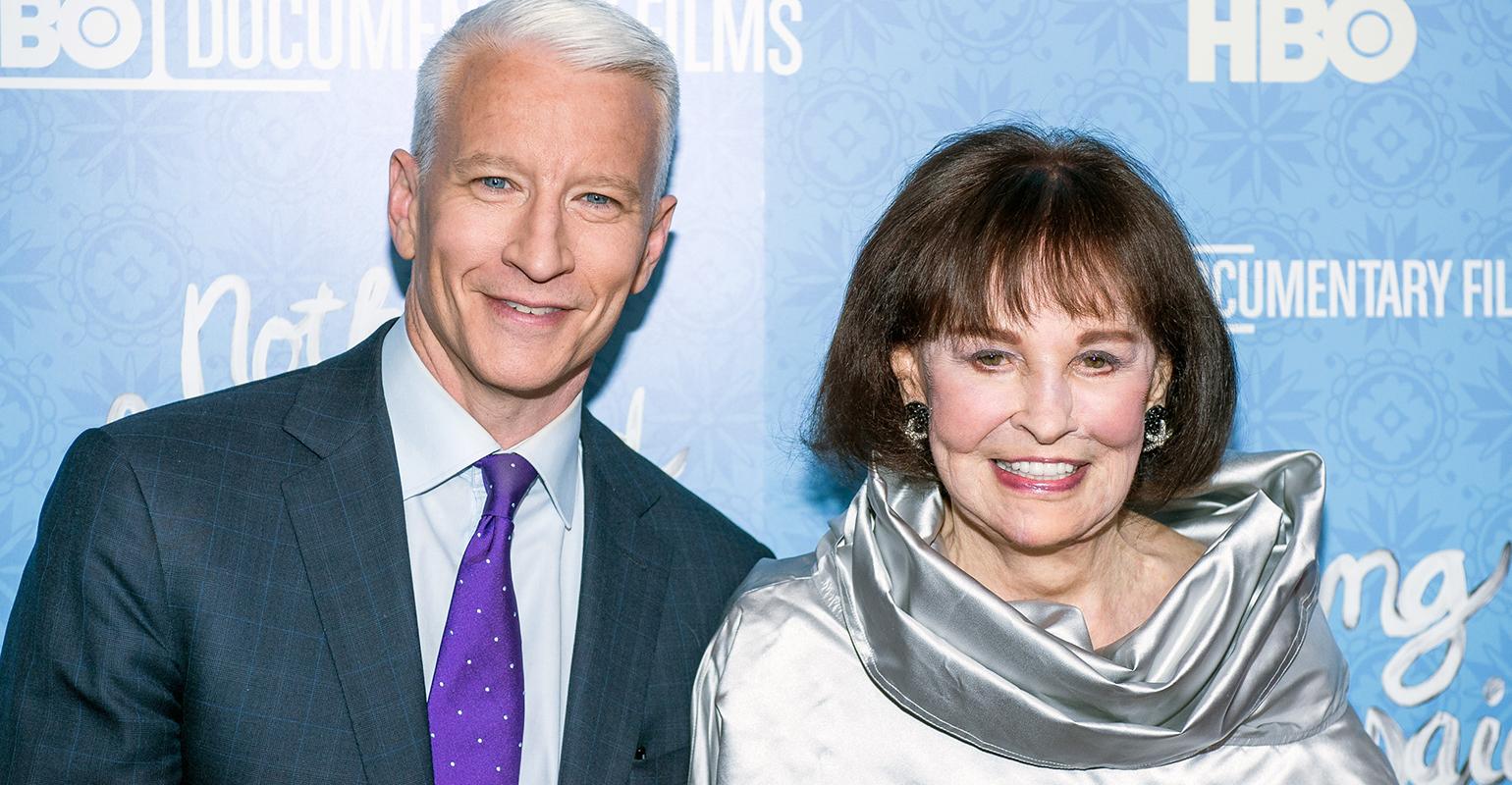What is Vanderbilt's net worth today?
Cornelius Vanderbilt was an American business magnate and philanthropist who was once the wealthiest person in the United States. As of today, the Vanderbilt family's net worth is estimated to be around $14 billion, making them one of the richest families in the world.
The Vanderbilt family's wealth comes from a variety of sources, including railroads, shipping, and real estate. The family's fortune was founded by Cornelius Vanderbilt, who started out as a ferry operator in New York City. He later expanded his business into railroads, and by the time of his death in 1877, he was the wealthiest person in the United States.
The Vanderbilt family's wealth has been passed down through generations, and today the family is involved in a variety of businesses, including real estate, investment, and philanthropy.
| Name | Net Worth |
|---|---|
| Cornelius Vanderbilt | $105 million (at the time of his death in 1877) |
| William Henry Vanderbilt | $200 million (at the time of his death in 1885) |
| Cornelius Vanderbilt II | $100 million (at the time of his death in 1899) |
| William Kissam Vanderbilt | $50 million (at the time of his death in 1920) |
| Harold Stirling Vanderbilt | $25 million (at the time of his death in 1970) |
Vanderbilt Net Worth Today
The Vanderbilt family's vast wealth has been accumulated over generations through various business ventures and investments. Here are eight key aspects that contribute to their enduring financial legacy:
- Railroads
- Shipping
- Real estate
- Investments
- Inheritance
- Philanthropy
- Business acumen
- Legacy
The Vanderbilt family's involvement in railroads began with Cornelius Vanderbilt, who started out as a ferry operator in New York City. He later expanded his business into railroads, and by the time of his death in 1877, he was the wealthiest person in the United States. The family's wealth continued to grow through shipping and real estate investments. Over the years, the Vanderbilts have also been known for their philanthropy, supporting various educational and cultural institutions.
1. Railroads
Railroads played a pivotal role in the accumulation of the Vanderbilt family's wealth. Cornelius Vanderbilt, the patriarch of the family, began his career as a ferry operator in New York City. However, he quickly recognized the potential of railroads and invested heavily in their development. In 1857, he gained control of the New York Central Railroad, which became one of the most important railroads in the United States. Under Vanderbilt's leadership, the New York Central expanded rapidly, and by the time of his death in 1877, it was the largest railroad in the country.
The Vanderbilt family's involvement in railroads continued for many years after Cornelius Vanderbilt's death. His son, William Henry Vanderbilt, succeeded him as president of the New York Central Railroad and continued to expand the company's operations. By the early 20th century, the Vanderbilts controlled a vast railroad empire that spanned the United States.
The Vanderbilt family's railroad empire was a major factor in their financial success. The railroads allowed them to transport goods and people quickly and efficiently, which helped to fuel the growth of the American economy. The Vanderbilts also used their railroads to acquire land and other assets, which further increased their wealth.
2. Shipping
Shipping was another important factor in the accumulation of the Vanderbilt family's wealth. Cornelius Vanderbilt started out in the shipping business, and he used his profits from that business to invest in railroads. However, he continued to be involved in shipping throughout his life, and he owned a number of steamship companies.
Shipping was a vital part of the Vanderbilt family's business empire. It allowed them to transport goods and people around the world, which helped to fuel the growth of their other businesses. The Vanderbilts also used their shipping companies to acquire land and other assets, which further increased their wealth.
The Vanderbilt family's involvement in shipping declined in the early 20th century, as railroads became the more dominant mode of transportation. However, the family's shipping legacy continues to this day. The Vanderbilt family's shipping company, the Holland America Line, is still one of the largest cruise lines in the world.
3. Real estate
Real estate played a significant role in the accumulation and preservation of the Vanderbilt family's wealth. The family's vast real estate holdings included mansions, estates, and commercial properties in New York City and other major cities across the United States.
- Manhattan real estate
The Vanderbilts were major landowners in Manhattan, New York City. They owned a number of mansions and apartment buildings, as well as commercial properties. The family's real estate holdings in Manhattan were a major source of income, and they also helped to increase the family's social status.
- Country estates
The Vanderbilts also owned a number of country estates, including Biltmore Estate in Asheville, North Carolina, and The Breakers in Newport, Rhode Island. These estates were used for both recreation and entertainment, and they also helped to increase the family's prestige.
- Commercial properties
The Vanderbilts also owned a number of commercial properties, including office buildings and retail stores. These properties provided the family with a steady stream of income, and they also helped to increase the family's control over the economy of New York City and other major cities.
- Preservation of wealth
The Vanderbilt family's real estate holdings helped to preserve their wealth over generations. The family's mansions, estates, and commercial properties were all valuable assets that could be passed down from one generation to the next. This helped to ensure that the Vanderbilt family remained one of the wealthiest families in the United States.
The Vanderbilt family's real estate holdings were a major factor in their financial success. The family's real estate investments provided them with a steady stream of income, and they also helped to increase the family's social status and prestige. The Vanderbilt family's real estate legacy continues to this day, as their mansions, estates, and commercial properties are still some of the most valuable and iconic properties in the United States.
4. Investments
Investments played a significant role in the accumulation and preservation of the Vanderbilt family's wealth. The family's vast investment portfolio included stocks, bonds, and other financial instruments. The Vanderbilts were also major investors in real estate, infrastructure, and other industries.
The Vanderbilt family's investment strategy was based on a combination of long-term growth and income generation. The family's investments in stocks and bonds provided them with a steady stream of income, while their investments in real estate and other industries helped to increase the family's wealth over the long term.
The Vanderbilt family's investment strategy was successful in generating wealth for the family over generations. The family's investments helped to increase their wealth, and they also helped to preserve their wealth during periods of economic downturn.
The Vanderbilt family's investment legacy continues to this day. The family's investments are still managed by a team of professionals, and the family continues to invest in a variety of different asset classes.
5. Inheritance
Inheritance has played a significant role in the accumulation and preservation of the Vanderbilt net worth today. The Vanderbilt family's vast wealth was passed down from one generation to the next, and this inheritance has helped to ensure that the family remains one of the wealthiest in the United States.
Cornelius Vanderbilt, the patriarch of the Vanderbilt family, was a self-made millionaire who built his fortune in the shipping and railroad industries. When he died in 1877, he left behind an estate worth an estimated $105 million. This vast fortune was divided among his children, and it has continued to grow over the generations.
The Vanderbilt family's inheritance has been used to fund a variety of business ventures and investments. The family has also used its wealth to support charitable causes and to preserve its historical legacy. The Vanderbilt family's inheritance is a testament to the power of wealth and the importance of planning for the future.
6. Philanthropy
Philanthropy has played a significant role in shaping the Vanderbilt net worth today. The Vanderbilt family has a long history of giving back to the community, and their philanthropic efforts have had a lasting impact on a variety of causes, primarily in the areas of education, healthcare, and the arts. Their contributions have not only benefited the Vanderbilt family's legacy but have also helped to shape the social and cultural landscape of the United States.
- Education
The Vanderbilts have been major supporters of education, particularly higher education. Cornelius Vanderbilt founded Vanderbilt University in Nashville, Tennessee, in 1873. The university has since become one of the leading research universities in the United States. The Vanderbilts have also supported other educational institutions, including New York University, Columbia University, and the Massachusetts Institute of Technology.
- Healthcare
The Vanderbilts have also been major supporters of healthcare. They have founded and supported hospitals and medical research institutions across the United States. The Vanderbilt University Medical Center in Nashville is one of the leading medical centers in the country. The Vanderbilts have also supported other healthcare initiatives, such as the American Red Cross and the March of Dimes.
- Arts and Culture
The Vanderbilts have been major patrons of the arts and culture. They have founded and supported museums, theaters, and other cultural institutions. The Metropolitan Museum of Art in New York City was founded by a group of wealthy New Yorkers, including William Henry Vanderbilt. The Vanderbilts have also supported other cultural institutions, such as the New York Philharmonic and the American Ballet Theatre.
The Vanderbilt family's philanthropic efforts have had a lasting impact on the United States. Their contributions have helped to improve education, healthcare, and the arts. The Vanderbilts' philanthropy is a testament to their commitment to giving back to the community and making a difference in the world.
7. Business acumen
Business acumen is a key component of the Vanderbilt net worth today. The Vanderbilt family's success in business has been built on a foundation of sound business acumen, which has allowed them to generate and preserve wealth over generations.
Cornelius Vanderbilt, the patriarch of the Vanderbilt family, was a master of business acumen. He started out with a small ferry business in New York City and eventually built a vast transportation empire that included railroads, shipping, and canals. Vanderbilt's business acumen was evident in his ability to identify and capitalize on new opportunities, as well as his ability to manage his businesses effectively.
The Vanderbilt family's business acumen has been passed down from generation to generation. The family's members have continued to invest in a variety of businesses, including real estate, banking, and manufacturing. The Vanderbilts have also been active in philanthropy, supporting a variety of educational and cultural institutions.
The Vanderbilt family's business acumen is a key factor in their continued success. The family's members have a deep understanding of business principles and are able to make sound decisions that have led to the preservation and growth of their wealth.
8. Legacy
The Vanderbilt family's legacy is one of wealth, power, and philanthropy. The family's vast fortune was amassed through a combination of business acumen, inheritance, and philanthropy. The Vanderbilts have used their wealth to support a variety of causes, including education, healthcare, and the arts. The family's legacy is also evident in the many buildings and institutions that bear the Vanderbilt name.
The Vanderbilt legacy is a complex one. The family has been praised for its philanthropy and its contributions to American society. However, the family has also been criticized for its wealth and its sometimes ruthless business practices. Despite these criticisms, the Vanderbilt legacy remains one of the most prominent in American history.
The Vanderbilt legacy is a reminder of the power of wealth and the importance of using that wealth to make a difference in the world. The Vanderbilts have used their wealth to create a lasting legacy that will continue to benefit others for generations to come.
FAQs about Vanderbilt Net Worth Today
The Vanderbilt family is one of the wealthiest families in the world, with a net worth estimated at $14 billion. Their fortune was amassed through a combination of business acumen, inheritance, and philanthropy.
9. 1. How did the Vanderbilts make their fortune?
Cornelius Vanderbilt, the patriarch of the Vanderbilt family, started out with a small ferry business in New York City. He eventually built a vast transportation empire that included railroads, shipping, and canals. Vanderbilt's business acumen was evident in his ability to identify and capitalize on new opportunities, as well as his ability to manage his businesses effectively.10. 2. How much is the Vanderbilt family worth today?
The Vanderbilt family's net worth is estimated at $14 billion. The family's wealth is managed by a team of professionals, and they continue to invest in a variety of different asset classes.11. 3. What is the Vanderbilt family's legacy?
The Vanderbilt family's legacy is one of wealth, power, and philanthropy. The family has used their wealth to support a variety of causes, including education, healthcare, and the arts. The family's legacy is also evident in the many buildings and institutions that bear the Vanderbilt name.12. 4. Are the Vanderbilts still wealthy today?
Yes, the Vanderbilts are still wealthy today. The family's wealth has been preserved and grown over generations through a combination of sound investment decisions and philanthropy.13. 5. What is the Vanderbilt family's business empire today?
The Vanderbilt family's business empire today is diverse and includes investments in real estate, banking, and manufacturing. The family also continues to be active in philanthropy, supporting a variety of educational and cultural institutions.Vanderbilt Net Worth Today
The Vanderbilt family's net worth today is a testament to the power of business acumen, inheritance, and philanthropy. The family's vast fortune was amassed through a combination of these factors, and it has been preserved and grown over generations. The Vanderbilts have used their wealth to support a variety of causes, including education, healthcare, and the arts. Their legacy is evident in the many buildings and institutions that bear the Vanderbilt name.
The Vanderbilt family's story is a reminder that wealth can be used to make a difference in the world. The Vanderbilts have used their fortune to create a lasting legacy that will continue to benefit others for generations to come.


